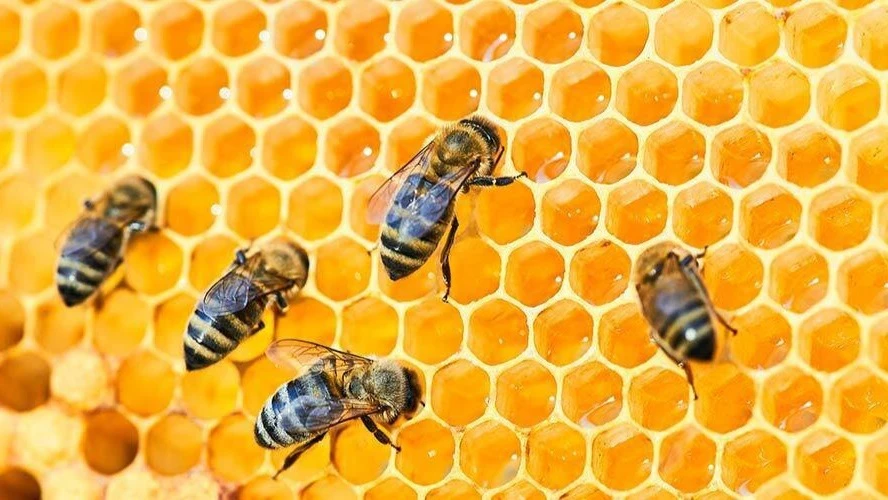Beekeeping method to keep out elephants usable, just somewhat

AN initiative involving a beekeeping company in Singida working with conservation authorities to stem elephant invasions in nearby villages is being touted and is likely to succeed now that it is an operational firm rather than villagers being asked to keep bees.
It is a step ahead in what some pundits will say could be an organic solution to human-wildlife conflicts, too shy to talk of destructive animal incursions into farms. It was not clear if this solution involved village participation, as more often than not they wish the huge beasts are relocated far away.
As could also be expected, this initiative was unveiled at a training session for journalists, to help spread the good news of this novel method of checking wildlife incursions while many villagers remain away – often in disbelief.
Yet there is no third option as the wildlife authorities are keen on keeping the animals in place, and there is no actual plans for their being diminished in this or that conservation area.
The villagers have to live and let live with the beasts, plus a range of equally destructive animals; we talk of hyenas if a person is killed, and then the matter is closed if the hyena is shot dead.
There is little doubt that the vision or horizon of the beekeeping company’s future plans to tackle what conservationists say are human wildlife conflicts in the region neatly coincide with the wildlife authorities’ vision.
From a marketing point of view keeping bees is definitely a modern strategy to effectively manage elephant intrusions, if the beehives are lined up all the way and will definitely click into action if elephants come around.
At times there are statistical details on reliability of this or that innovation, and it is unlikely that in this case there will be enough beehives for entire stretches of potential elephant intrusion areas or they could pass by a side route to harm others.
To look at the matter from a more promising angle, the firm’s plans for this year include establishing a ranch dedicated to rearing queen bees to address an ongoing shortage of bees.
Then it plans to train 10,000 people across all villages in Singida Region on modern beekeeping techniques. Each participant will receive a beehive to jumpstart their beekeeping, it highlights, which means the big beasts will wish to vacate that sanctuary.
As recently as November 10, 2024, at least 50 elephants invaded Mkiwa village in Ikungi District, destroying eight homes and consuming stored food supplies.
It was no surprise that commotion ensued, and the then minister for the docket visited the place and directed the Tanzania Wildlife Management Authority (TAWA) to establish a camp in the village to control the elephants.
It is likely that the villagers had already been ‘educated’ about controlling elephant movements with beehives, but there weren’t enough of them, so conservationists weren’t frankly the ones to blame. Now they dig up with a PPP solution.
The fact that nearly all districts in the region live under fear of elephant intrusions is evidence that the company has plenty of business to do if it spreads its wings far enough.
That is what it intends to do, anyway, thus relieving the wildlife agency from the repeated disturbance to place wardens in pathways or range areas. It has for years been a thorny budgetary issue after aid was cut.
Top Headlines
© 2025 IPPMEDIA.COM. ALL RIGHTS RESERVED

















